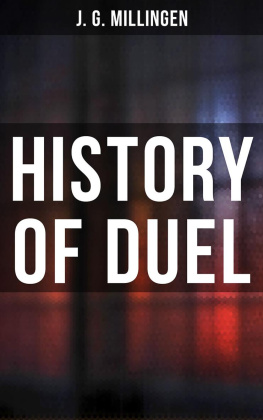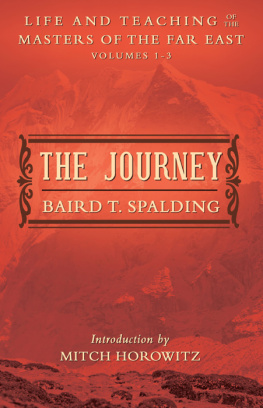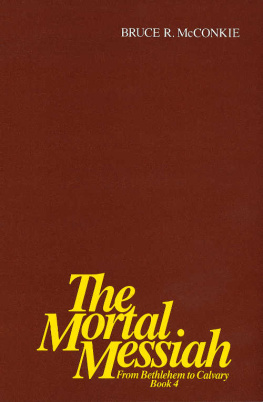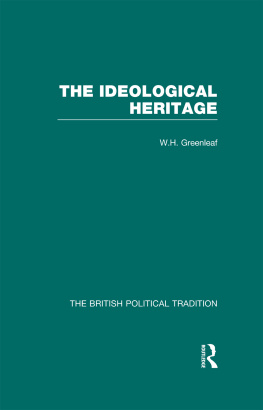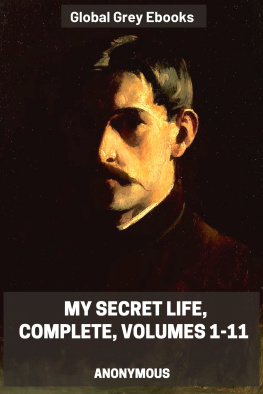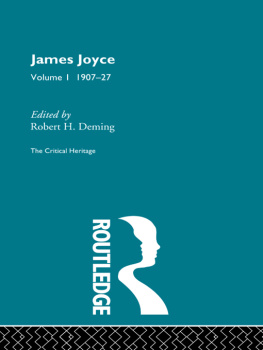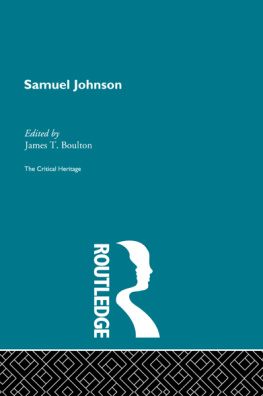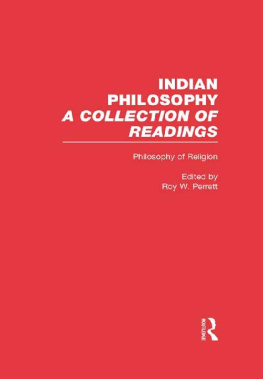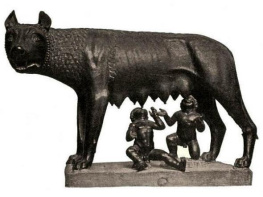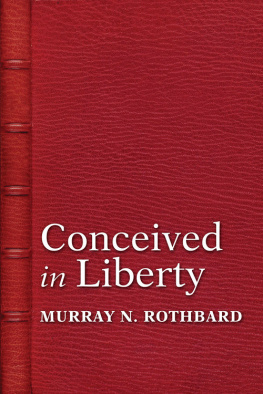JOHN DOS PASSOS: THE CRITICAL HERITAGE
THE CRITICAL HERITAGE SERIES
General Editor: B. C.Southam
The Critical Heritage series collects together a large body of criticism on major figures in literature. Each volume presents the contemporary responses to a particular writer, enabling the student to follow the formation of critical attitudes to the writers work and its place within a literary tradition.
The carefully selected sources range from landmark essays in the history of criticism to fragments of contemporary opinion and little published documentary material, such as letters and diaries.
Significant pieces of criticism from later periods are also included in order to demonstrate fluctuations in reputation following the writers death.
First published in 1988
11 New Fetter Lane
London EC4P 4EE
&
29 West 35th Street
New York, NY 10001
This edition published in the Taylor & Francis e-Library, 2005.
To purchase your own copy of this or any of Taylor & Francis or Routledges collection of thousands of eBooks please go to www.eBookstore.tandf.co.uk.
Compilation, introduction, notes and index 1988 Barry Maine
All rights reserved. No part of this book may be reprinted or reproduced or utilized in any form or by any electronic, mechanical, or other means, now known or hereafter invented, including photocopying and recording or in any information storage or retrieval system, without permission in writing from the publishers.
British Library Cataloguing in Publication Data
ISBN 0-203-44475-2 Master e-book ISBN
ISBN 0-203-75299-6 (Adobe eReader Format)
ISBN 0-415-15935-0 (Print Edition)
General Editors Preface
The reception given to a writer by his contemporaries and near-contemporaries is evidence of considerable value to the student of literature. On one side we learn a great deal about the state of criticism at large and in particular about the development of critical attitudes towards a single writer; at the same time, through private comments in letters, journals or marginalia, we gain an insight upon the tastes and literary thought of individual readers of the period. Evidence of this kind helps us to understand the writers historical situation, the nature of his immediate reading-public, and his response to these pressures.
The separate volumes in the Critical Heritage Series present a record of this early criticism. Clearly, for many of the highly productive and lengthily reviewed nineteenthand twentieth-century writers, there exists an enormous body of material; and in these cases the volume editors have made a selection of the most important views, significant for their intrinsic critical worth or for their representative qualityperhaps even registering incomprehension!
For earlier writers, notably pre-eighteenth century, the materials are much scarcer and the historical period has been extended, sometimes far beyond the writers lifetime, in order to show the inception and growth of critical views which were initially slow to appear.
In each volume the documents are headed by an Introduction, discussing the material assembled and relating the early stages of the authors reception to what we have come to identify as the critical tradition. The volumes will make available much material which would otherwise be difficult of access and it is hoped that the modern reader will be thereby helped towards an informed understanding of the ways in which literature has been read and judged.
B.C.S.
Contents
Acknowledgments
I should like to express my gratitude to my Wake Forest colleagues, William Moss and James Hans, for their technical assistance, and to Townsend Ludington for generously agreeing to read a draft of the Introduction.
It has not always proved possible to locate the owners of copyright material. However, all possible care has been taken to trace ownership of the selections printed and to make full acknowledgment for their use. For permission to reprint, thanks are due to the following: Edgar M. Branch and Cleo Paturis as representatives of the Estate of James T. Farrell for No. 50, reprinted by permission of the archives of James T. Farrell at the University of Pennsylvania; the Chicago Tribune Company for Nos 7, 18, and 60 (Copyrighted, Chicago Tribune Company, all rights reserved, used with permission); Cond Nast Publications Inc. for No. 1, courtesy Vanity Fair (Copyright 1921 (renewed) 1949, 1977, by The Cond Nast Publications Inc.); Malcolm Cowley for Nos 34 and 46; Daily Mail (London) for No. 27; Editions Gallimard for No. 42, from Situations I by Jean-Paul Sartre (Editions Gallimard 1947); Farrar, Straus & Giroux, Inc., and Routledge & Kegan Paul, Ltd, for Nos 49, 55, and 57, from Edmond Wilson, Letters on Literature and Politics 19121972, selected and edited by Elena Wilson (Copyright 1957, 1973, 1974, 1977 by Elena Wilson. Reprinted by permission); Melvin J. Friedman and The Progressive for No. 65 (Copyright 1961, The Progressive, Inc., reprinted by permission); John Gross for No. 66; Harcourt Brace Jovanovich Inc., and Diana Trilling for No. 40, which first appeared in Partisan Review, reprinted from Speaking of Literature and Society by Lionel Trilling (Copyright 1980 by Diana and Lionel Trilling. Reprinted by permission); Harcourt Brace Jovanovich, Inc., for No. 52, from On Native Grounds (Copyright 1942, 1970 by Alfred Kazin, reprinted by permission); I.H.T. Corporation for Nos 11, 17, 24, 33, 45, 53, and 63 ( I.H.T. Corporation. Reprinted by permission); Alfred Kazin for No. 54; Louisiana State University Press for No. 43; the Nation (New York) for No. 38; National Council of Teachers of English for No. 30, from the English Journal; the New Republic for No. 68 ( 1975, The New Republic, Inc., reprinted by permission); New York Post for Nos 3 and 9; The New York Times Company for Nos 2, 8, 12, 25, 58, 62, and 67 (Copyright 1921, 1922, 1925, 1932, 1951, 1961, 1975. Reprinted by permission); Lawrence Pollinger Ltd., Viking Penguin, Inc., and the Estate of Mrs Frieda Lawrence Ravagli for No. 15, from Phoenix, The Posthumous Papers (1936) by D.H.Lawrence, edited and with an introduction by Edward D. McDonald (Copyright 1936 by Frieda Lawrence, renewed 1964 by the Estate of the late Frieda Lawrence Ravagli); Princeton University Press for No. 16, from Paul Elmer More, The Demon and the Absolute (Copyright 1928, 1956 renewed by Princeton University Press); Russell & Volkening, Inc., as agents for the author for No. 56 (Copyright 1949, renewed 1977 by Granville Hicks); San Francisco Chronicle for No. 61; Saturday Review for Nos 13, 26, 32, 44, and 59 ( 1925, 1932, 1936, 1939, 1951 Saturday Review magazine. Reprinted by permission); Spectator for Nos 22, 28, and 37; Times Newspapers Ltd for No. 36; Gore Vidal and Esquire magazine for No. 6; and Virginia Quarterly Review for permission to reprint No. 51.
Introduction
John Dos Passos wrote more than forty books during his lifetime, including poetry, plays, travel books, political tracts, histories, and biographies. He is better known, though, for his novels, and best of all for the documentary-style fiction he wrote during the twenties and thirties. I have limited the documentation of his critical reception to the novels he is best known for, and to those others which are representative of a period in his career or of a change in political or stylistic direction. Though it is certainly true that no American writer has been more subjected to political judgment than Dos Passos has, the history of the critical response shows that what made him the most promising American writer of the thirties and a much less respected writer later on had as much to do with his art as with his politics, if indeed the two can be separated. As Joseph Epstein observed, in a retrospective on Dos Passoss career:
Next page

